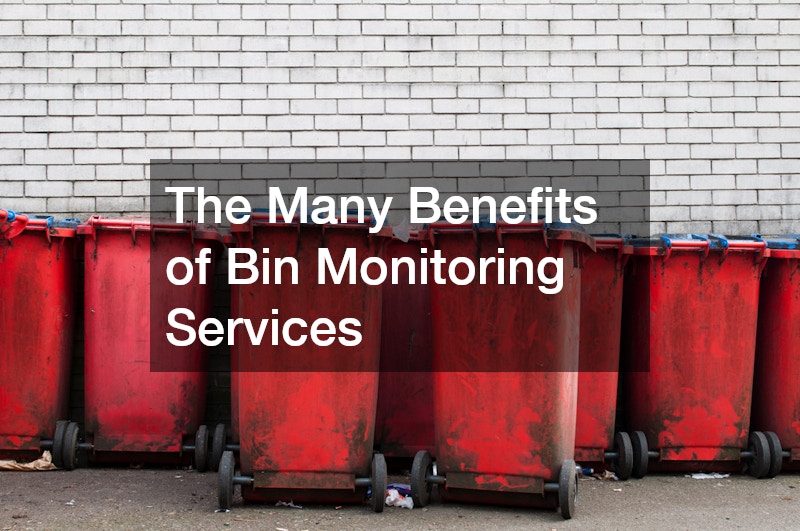Disclaimer: Life Cover Guide. This site provides family & home content for informational purposes only.
In today’s fast-paced world, efficiency and accuracy are key in managing resources. For industries that rely on the regular disposal or collection of waste, materials, or products, bin monitoring services have become an essential tool. These services offer numerous benefits that not only improve operations but also contribute to cost savings and environmental sustainability.
One of the primary advantages of bin monitoring services is their ability to provide real-time data on bin levels.
This information allows businesses to schedule collections or disposals only when necessary, eliminating the need for unnecessary pickups. This leads to significant cost savings as companies no longer pay for empty or partially filled bins to be collected. Additionally, this optimized scheduling reduces fuel consumption and lowers the carbon footprint, supporting environmental sustainability efforts.
Moreover, bin monitoring services enhance operational efficiency. By accurately tracking bin usage, companies can predict when bins will need to be serviced, preventing overflow and ensuring that waste or materials are managed effectively. This is particularly important in industries where waste management is critical to daily operations, such as manufacturing, food services, and construction. The ability to prevent overflow also helps in maintaining a cleaner and safer work environment, reducing the risk of accidents or health hazards.
Another key benefit is the improved decision-making capabilities that come with data-driven insights. With detailed reports and analytics provided by bin monitoring services, businesses can make informed decisions about their waste management strategies. This could involve adjusting the frequency of collections, choosing different bin sizes, or identifying areas where waste reduction is possible.
Bin monitoring services offer a range of benefits, including cost savings, operational efficiency, environmental sustainability, and enhanced decision-making. By implementing these services, businesses can take control of their waste management processes, leading to more streamlined operations and a positive impact on the environment.







